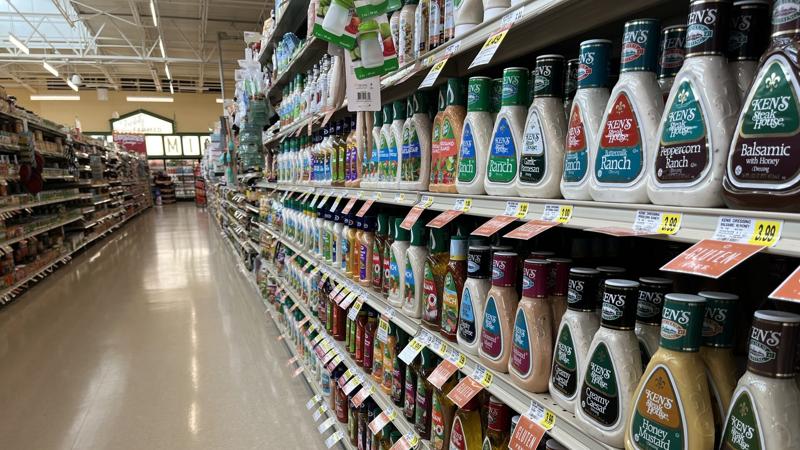Optimism is up for small businesses, based on a report for October by a national advocacy organization.
The Small Business Optimism Index rose 2.2 points in October reaching 93.7, the National Federation of Independent Business says. The increase signals a slight rise in business owner confidence despite ongoing economic pressures.
The index remains lower than the 50-year average of 98 for the 34th consecutive month. According to federation, 23% of owners named inflation the most critical issue in operating their small businesses.
Nationwide polling of voters, beyond the scope of business owners, throughout October mirrored the concerns.
The federation said in the report that a seasonally-adjusted 35% of all small business owners reported job openings in October that they couldn’t fill. Fifty-three percent of the owners who were either hiring or trying to hire in October, 87% of them had reported very little to no qualified applicants.
The Uncertainty Index reached a new 51-year high of 110, the highest reading recorded just before the holiday season.
“With the election over, small business owners will begin to feel less uncertain about future business conditions,” said Chief Economist Bill Dunkelberg in a release.
Key findings found a seasonally-adjusted net negative 20% of small business owners reported higher nominal sales in the past three months, the lowest reading since July 2020. That month was the fifth of the COVID-19 era.
“Although optimism is on the rise on Main Street, small business owners are still facing unprecedented economic adversity. Low sales, unfilled jobs openings, and ongoing inflationary pressures continue to challenge our Main Streets, but owners remain hopeful as they head toward the holiday season,” Dunkelberg said.
A seasonally-adjusted net 31% of owners reported raising compensation to attract workers, down one point from September, showing the challenges of balancing competitive compensation and managing costs.
The report shows sales expectations with a net negative 4% of owners anticipating increased sales, the highest in 2024. However, the number remains negative, indicating that business owners don’t expect substantial growth in the near future.
Of the small businesses making expenditures, 35% reported spending on new equipment, 23% acquired vehicles, and 14% improved or expanded facilities.
While 11% spent money on new fixtures and furniture, 5% acquired new buildings or land for expansion, and 22% seasonally adjusted plan capital outlays in the upcoming six months. This is up 3 points from September.







